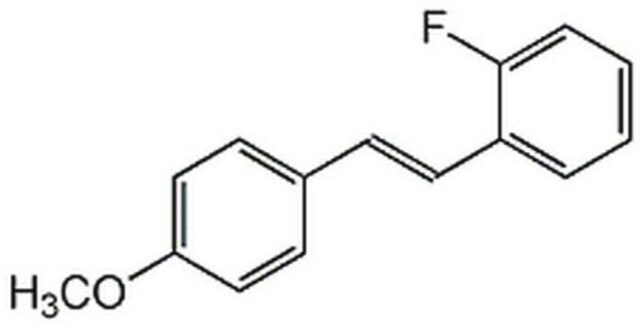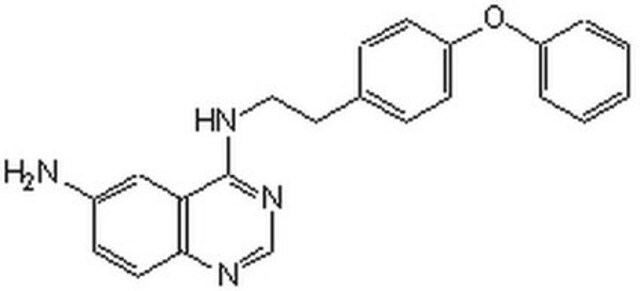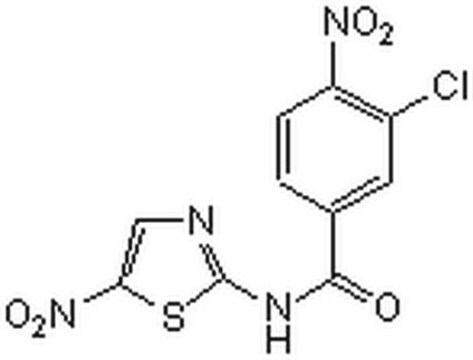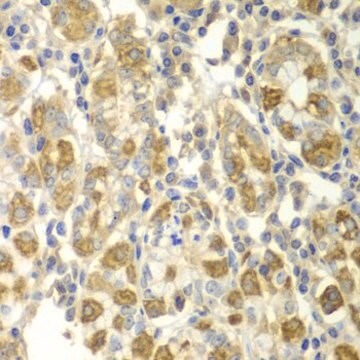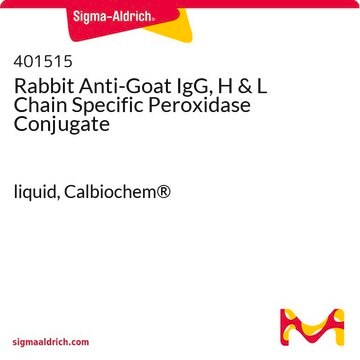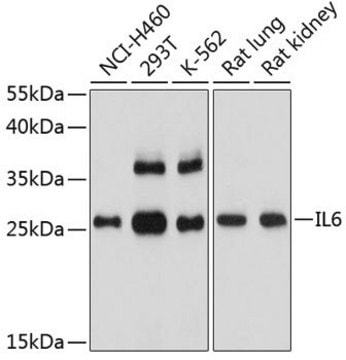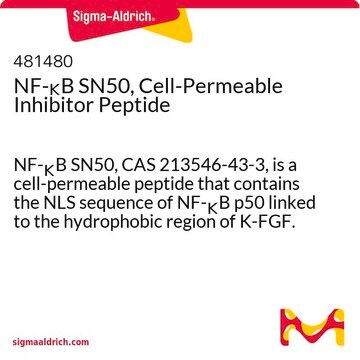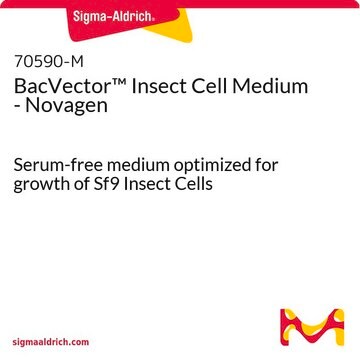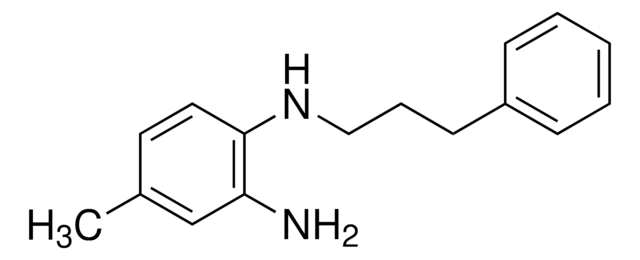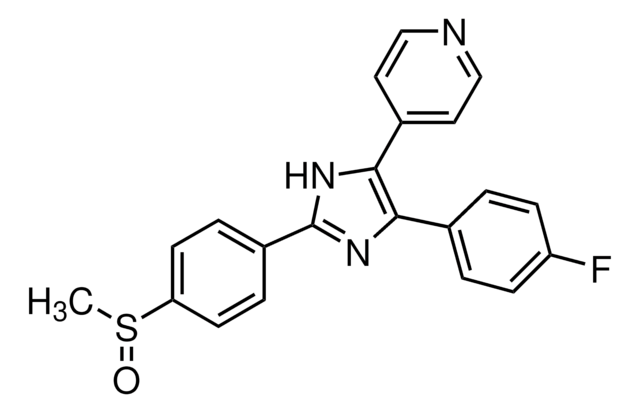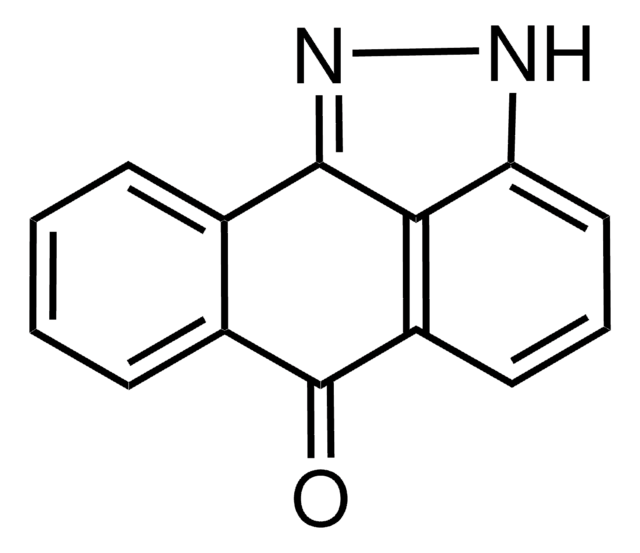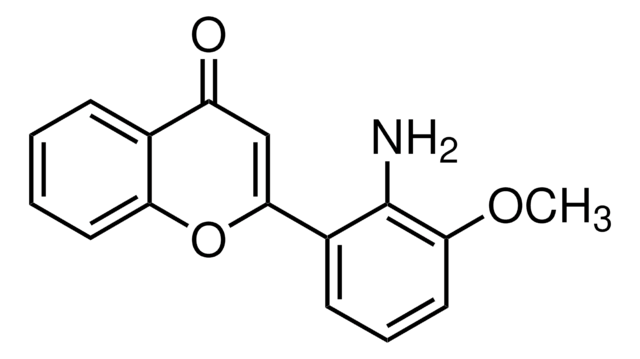481406
NF-κB Activation Inhibitor
The NF-κB Activation Inhibitor, also referenced under CAS 545380-34-5, controls the biological activity of NF-κB. This small molecule/inhibitor is primarily used for Inflammation/Immunology applications.
別名:
NF-κB Activation Inhibitor, 6-Amino-4-(4-phenoxyphenylethylamino)quinazoline
ログイン組織・契約価格を表示する
すべての画像(2)
About This Item
おすすめの製品
品質水準
アッセイ
≥98% (HPLC)
形状
solid
メーカー/製品名
Calbiochem®
保管条件
OK to freeze
protect from light
色
off-white
溶解性
DMSO: 5 mg/mL
輸送温度
ambient
保管温度
2-8°C
InChI
1S/C22H20N4O/c23-17-8-11-21-20(14-17)22(26-15-25-21)24-13-12-16-6-9-19(10-7-16)27-18-4-2-1-3-5-18/h1-11,14-15H,12-13,23H2,(H,24,25,26)
InChI Key
IBAKVEUZKHOWNG-UHFFFAOYSA-N
詳細
A cell-permeable quinazoline compound that acts as a highly potent inhibitor of NF-κB transcriptional activation (IC50 = 11 nM in Jurkat cells) and LPS-induced TNF-α production (IC50 = 7 nM in murine splenocytes). Shown to exhibit anti-inflammatory effect on carrageenin-induced paw edema in rat. A 10 mM (1 mg/281 µl) solution of NF-κB Activation Inhibitor (Cat. No. 481407) in DMSO is also available.
A cell-permeable quinazoline compound that acts as a potent inhibitor of NF-κB transcriptional activation (IC50 = 11 nM in Jurkat cells) and LPS-induced TNF-α production (IC50 = 7 nM in murine splenocytes). Does not exhibit cellular cytotoxicity even at concentrations as high as 10 µM. Reported to exhibit anti-inflammatory effects on carregeenin-induced paw edema in rats.
生物化学的/生理学的作用
Cell permeable: yes
Primary Target
NF-κB transcriptional activation
NF-κB transcriptional activation
Product does not compete with ATP.
Reversible: no
Target IC50: 11 nM against NF-κB transcriptional activation in Jurkat cells
包装
Packaged under inert gas
警告
Toxicity: Toxic (F)
再構成
Following reconstitution, aliquot and freeze (-20°C). Stock solutions are stable for up to 3 months at -20°C.
その他情報
Due to the nature of the Hazardous Materials in this shipment, additional shipping charges may be applied to your order. Certain sizes may be exempt from the additional hazardous materials shipping charges. Please contact your local sales office for more information regarding these charges.
Tobe, M., et al. 2003. Bioorg. Med. Chem.11, 383.
法的情報
CALBIOCHEM is a registered trademark of Merck KGaA, Darmstadt, Germany
保管分類コード
11 - Combustible Solids
WGK
WGK 3
適用法令
試験研究用途を考慮した関連法令を主に挙げております。化学物質以外については、一部の情報のみ提供しています。 製品を安全かつ合法的に使用することは、使用者の義務です。最新情報により修正される場合があります。WEBの反映には時間を要することがあるため、適宜SDSをご参照ください。
Jan Code
481406-ML:
481406-VMG:
481406-1MG:
481406-1.1ML:
481406-5UNMG:
試験成績書(COA)
製品のロット番号・バッチ番号を入力して、試験成績書(COA) を検索できます。ロット番号・バッチ番号は、製品ラベルに「Lot」または「Batch」に続いて記載されています。
この製品を見ている人はこちらもチェック
Pascal Baret et al.
BioFactors (Oxford, England), 43(4), 577-592 (2017-05-26)
Diabetes and obesity are strongly associated with increased levels of circulating advanced glycation end products (AGEs) and reactive oxygen species (ROS). These two molecular phenomena affect the physiology of adipose tissue, a biological driver of the metabolic syndrome, leading to
Seongjae Kim et al.
Journal of microbiology and biotechnology, 27(10), 1820-1826 (2017-08-03)
Lipoteichoic acid (LTA), a cell wall component of gram-positive bacteria, is recognized by Toll-like receptor 2, expressed on certain mammalian cell surfaces, initiating signaling cascades that include nuclear factor kappa-light-chain-enhancer of activated B cells (NF-κB) and mitogen-activated protein kinase. There
Veronica De Paolis et al.
International journal of molecular sciences, 23(14) (2022-07-28)
The cellular heterogeneity of the tumor environment of breast cancer (BC) is extremely complex and includes different actors such as neoplastic, stromal, and immunosuppressive cells, which contribute to the chemical and mechanical modification of the environment surrounding the tumor-exasperating immune-escaping
Erawan Borkham-Kamphorst et al.
Liver international : official journal of the International Association for the Study of the Liver, 31(5), 656-665 (2011-04-05)
Lipocalin-2 (LCN2) belongs to the lipocalin superfamily, sharing a barrel-shaped tertiary structure with a hydrophobic pocket and an ability to bind lipophilic molecules. LCN2 has recently emerged as an important modulator of cellular homeostasis in several organs, i.e. heart, lung
Chi-Shuan Fan et al.
Cells, 11(2) (2022-01-22)
M2-polarization and the tumoricidal to tumor-promoting transition are commonly observed with tumor-infiltrating macrophages after interplay with cancer cells or/and other stroma cells. Our previous study indicated that macrophage M2-polarization can be induced by extracellular HSP90α (eHSP90α) secreted from endothelial-to-mesenchymal transition-derived
ライフサイエンス、有機合成、材料科学、クロマトグラフィー、分析など、あらゆる分野の研究に経験のあるメンバーがおります。.
製品に関するお問い合わせはこちら(テクニカルサービス)